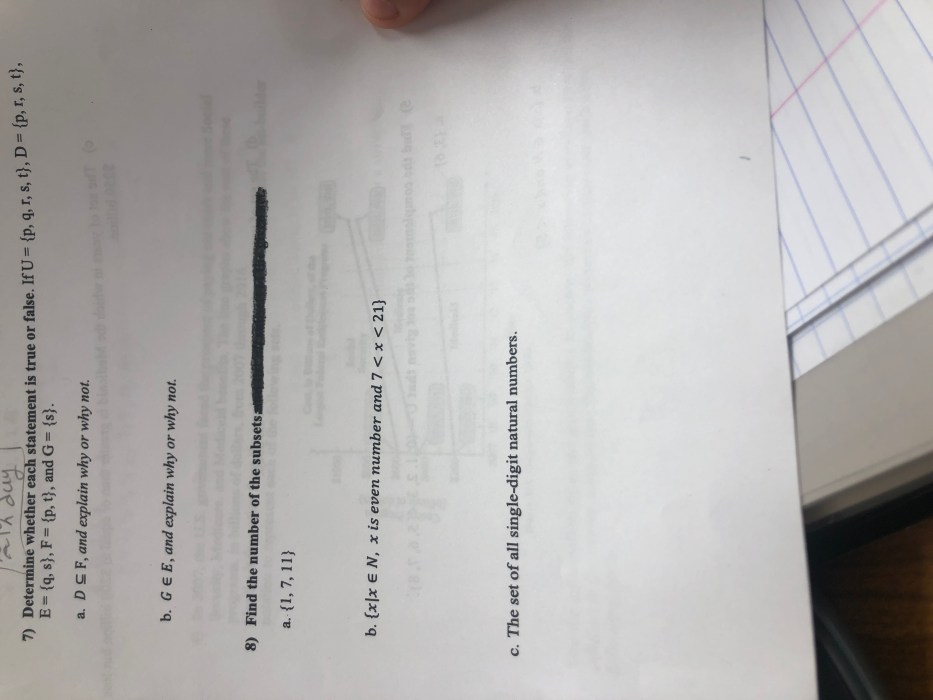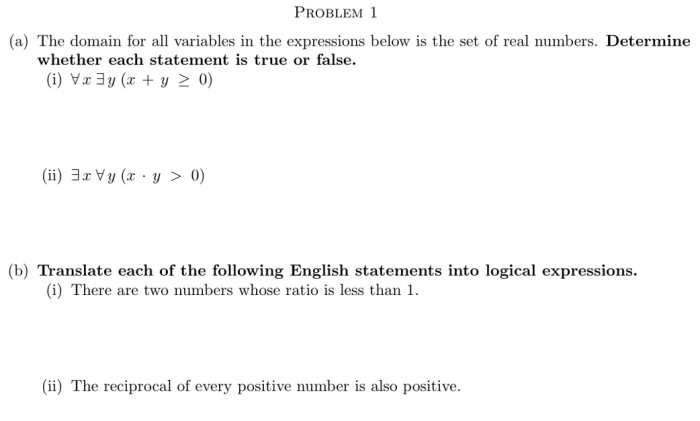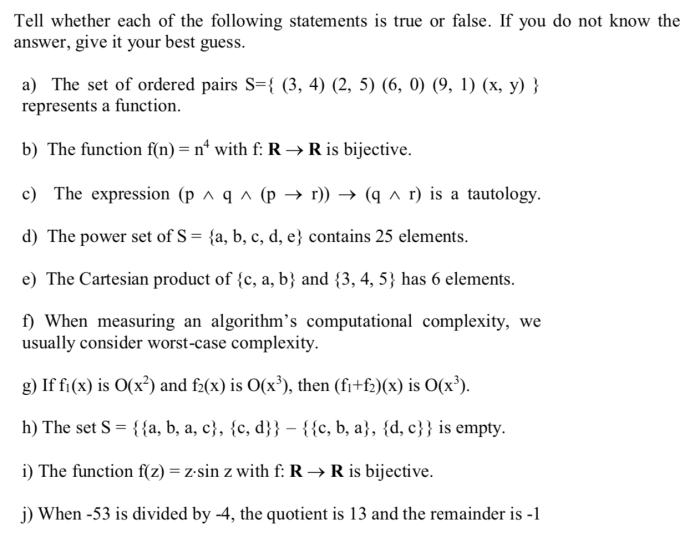Economics, a discipline that profoundly shapes our world, encompasses a vast array of concepts and principles. Determine which statement below about economics is true, we embark on a journey to unravel the complexities of this field, examining its core foundations, methodologies, and implications.
From microeconomic principles governing individual decision-making to macroeconomic forces influencing national economies, economics plays a pivotal role in shaping our understanding of resource allocation, market dynamics, and the intricate web of factors that drive economic growth and stability.
Definition of Economics

Economics is the study of how societies allocate scarce resources to satisfy their wants and needs. It is a social science that analyzes the production, distribution, and consumption of goods and services.
Core concepts in economics include:
- Scarcity: Resources are limited, while wants are unlimited.
- Opportunity cost: Choosing one option means giving up another.
- Marginal analysis: Comparing the additional benefits and costs of a decision.
- Equilibrium: A state of balance where there is no incentive to change.
Economics is divided into several fields, including:
- Microeconomics: Studies individual markets and decision-making.
- Macroeconomics: Examines the economy as a whole, including inflation, unemployment, and economic growth.
- Econometrics: Uses statistical methods to analyze economic data.
- Development economics: Focuses on economic issues in developing countries.
Methods of Economic Analysis

Economists use various methods to analyze economic data:
Deductive Approach
Uses logical reasoning to derive conclusions from general principles.
Inductive Approach
Observes data and derives generalizations based on patterns.
Positive Economics
Describes and explains economic phenomena without making value judgments.
Normative Economics
Prescribes policies based on economic principles and values.
Key Economic Indicators

Economic indicators are used to measure economic performance:
Gross Domestic Product (GDP)
Total value of goods and services produced within a country.
Consumer Price Index (CPI)
Measures changes in the prices of a basket of goods and services.
Unemployment Rate
Percentage of the labor force that is unemployed.
Balance of Payments
Records the flow of money into and out of a country.
Economic Models: Determine Which Statement Below About Economics Is True
Models are simplified representations of economic systems:
Microeconomic Models
Focus on individual markets and decision-making, such as supply and demand models.
Macroeconomic Models, Determine which statement below about economics is true
Examine the economy as a whole, such as Keynesian and monetarist models.
Simulation Models
Use computers to simulate economic scenarios and predict outcomes.
Economic Policy

Governments use economic policies to manage the economy:
Fiscal Policy
Involves government spending and taxation.
Monetary Policy
Controls the money supply and interest rates.
Supply-Side Policies
Aim to increase economic growth by reducing taxes and regulations.
Demand-Side Policies
Focus on increasing demand through government spending or tax cuts.
Global Economic Issues
Globalization has impacted the economy:
- Increased trade and investment.
- Reduced barriers to entry for businesses.
- Led to increased competition and outsourcing.
Challenges facing the global economy include:
- Income inequality.
- Environmental degradation.
- Global financial instability.
Questions Often Asked
What is the primary focus of economics?
Economics primarily focuses on understanding how societies allocate scarce resources to satisfy their unlimited wants and needs.
How are economic indicators used?
Economic indicators are used to measure and track the performance of an economy, providing insights into its growth, inflation, unemployment, and other key metrics.
What role do economic models play?
Economic models are simplified representations of economic systems that allow economists to simulate and predict economic outcomes under different scenarios.